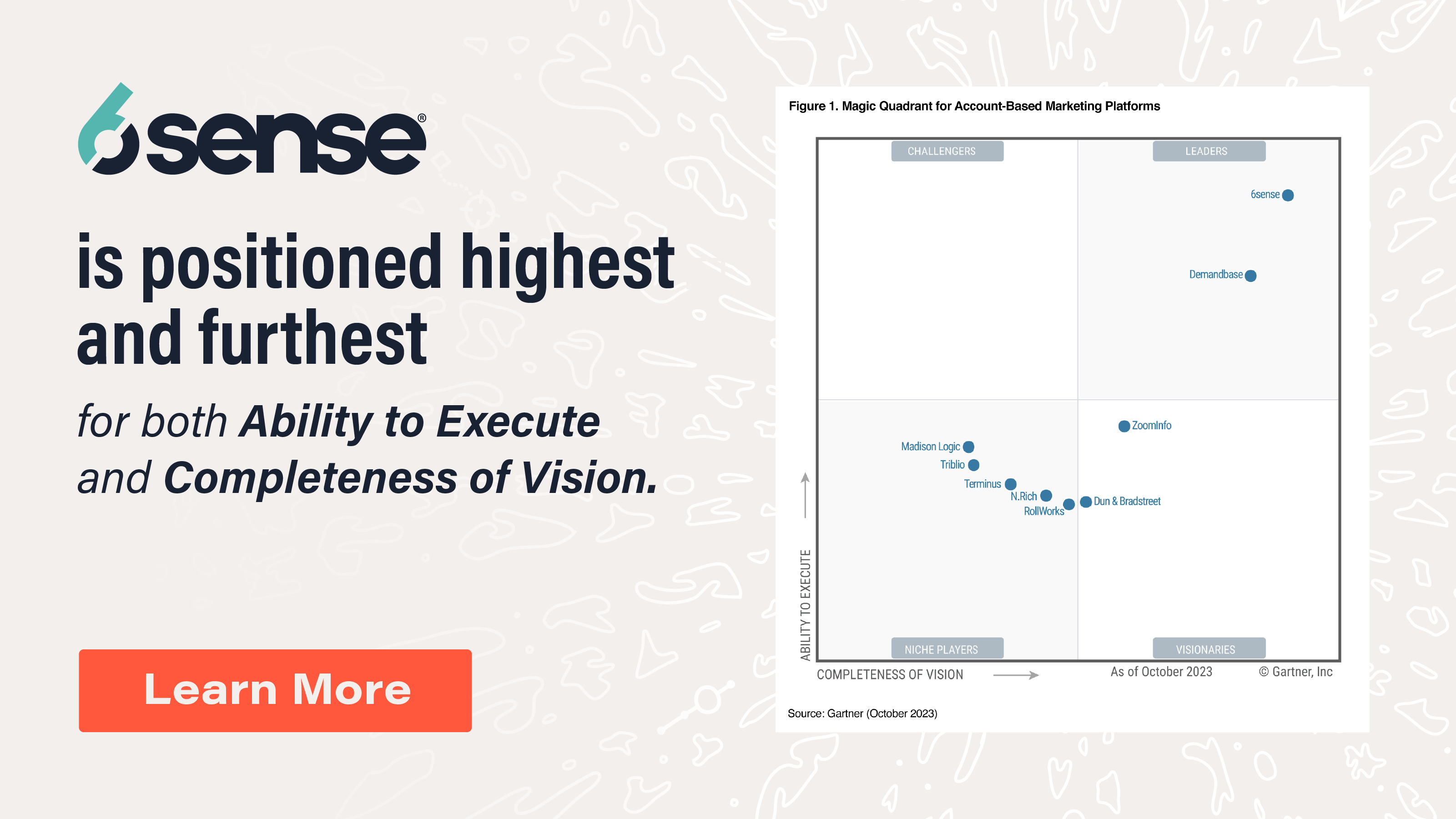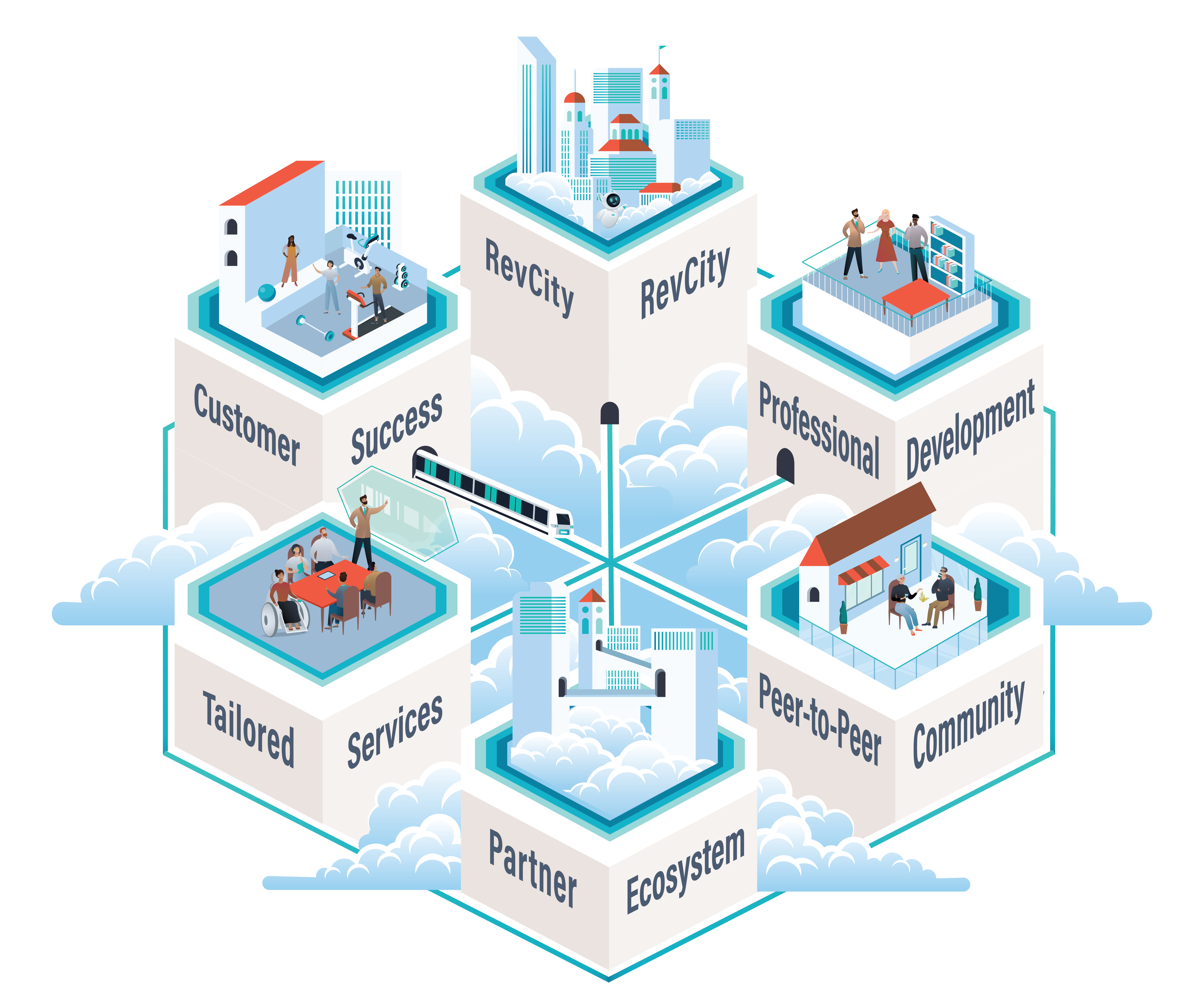Florence Healthcare provides software that makes it easy for medical researchers to manage regulatory requirements of clinical trials. Its software is used by more than 10,000 research sites in 45 countries.
Pharmaceutical company Pfizer tapped Florence’s software and vast network of research sites to conduct clinical trials worldwide for its COVID-19 mRNA vaccine. One reason the vaccine became the first to win U.S. Emergency Use Authorization was because of Florence’s ability to accelerate the documentation process, track records, and consolidate data.
6sense contributed to this success. In 2021, Florence implemented 6sense to increase its reach and deliver hyper-relevant, targeted messages to customers exploring clinical trial solutions.
The results:
- Within three months, 40% of pipeline was influenced by 6sense
- Average opportunity value increased 45%
- Engagement among enterprise accounts grew 25%
The Challenge
The Pfizer contract was a leap forward for the company, which previously had primarily worked with mid-size biomedical and pharmaceutical research firms. Florence Healthcare wanted to win more Big Pharma clients.
Jenny Bunn, Florence’s Director of Programmatic Marketing, said that before working with 6sense, Florence relied on a demand generation approach to feed the sales pipeline. She called it “spray and pray” — build brand awareness with ads that are hopefully relevant, then drive customers to content that is hopefully useful, and eventually entice them into a conversation that is hopefully productive.
Because Florence understood its customers’ needs, demand generation had worked well enough to win a lot of small and midsize customers. But to capture more opportunities like Pfizer, Bunn believed a more sophisticated approach was needed.
The Right Partner
Florence Healthcare was ready for the right partner and decided on 6sense. With 6sense data, they could:
- Identify which accounts were shopping for new solutions
- Target specific audiences and deliver hyper-focused marketing messaging
- Capture account engagement
- Boost and prioritize outreach to generate predictable revenue
Early Wins for Marketing
Bunn first tied 6sense insights to ad campaigns. By improving audience and message targeting, she hoped to see some quick ROI.
She did: pipeline grew by 2.5x.
She then proved the value another way: The sales team was experiencing a slump in the mid-market segment. Old-school demand gen tactics weren’t keeping the pipeline full. Bunn used 6sense to build an integrated campaign targeting mid-market accounts based on Ideal Customer Profile criteria.
Again, the target segment experienced 2.5x pipeline growth.
Early Wins for Business Development
Previously, the business development team mainly handled inbound leads, but the Business Development Representatives (BDRs) wanted to launch an outbound strategy armed with 6sense data.
Bunn worked with the BDRs to help them understand the 6sense dashboard, which provides information about which accounts are showing buying intent, where they are in the buying process, and the types of content they are consuming. The data allowed the BDRs to conduct outreach without resorting to cold calls, since they knew which accounts were interested and what was driving their interest.
Instead of “Why are you calling?”, they started getting messages like this quote from a prospect:
“Your email was perfectly timed. You’re actually next on my to-do list this morning. And can we schedule some time to speak?”
Big Pharma Breakthrough
Bunn then worked with the strategic accounts team — the team that goes after Big Pharma clients — to put together an orchestrated messaging campaign designed to attract prospects to a webinar.
Using 6sense data, they identified and invited 20 pharma accounts that were in the Decision and Purchase stages.
- 14 of them attended — a 70% success rate
- 90% of them stayed on the webinar for the full 45 minutes
- A week later, they were in deeper conversations with several webinar attendees
Florence Healthcare rolled out initial efforts in Q2 2021. By Q3, nearly 40% of pipeline stemmed from an integrated account-based approach and average opportunity value increased nearly 45% with engagement from enterprise accounts up nearly 25%.
The Results
With 6sense on their side, Florence Healthcare got the results they were looking for.
- 40% of pipeline was influenced by 6sense within three months
- Average opportunity value increased 45%
- Engagement among enterprise accounts grew 25%
And the company was energized by their success, committing them further to the 6sense approach.



